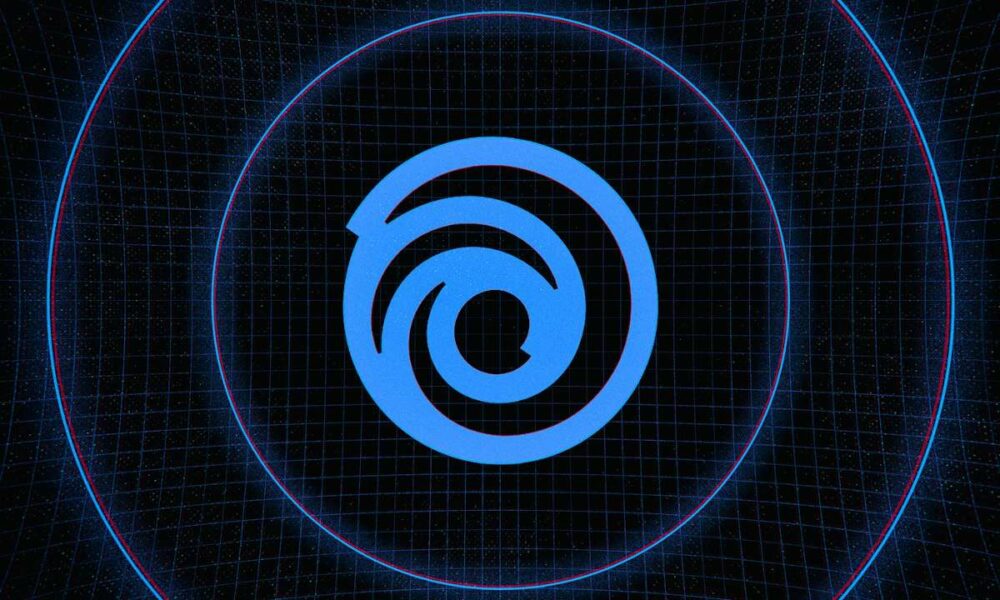
Wi-Fi is a fundamental part of our life and our day to day. Thanks to this type of Internet connection we can have multiple devices connected at the same time without having to pull cables, and we enjoy a user experience that, as a general rule and under normal conditions, is usually very good.
Gone are the days when a Wi-Fi connection did not always offer a truly optimal experience, although it is true that even today the quality, stability and speed of this type of connection still depend on a series of key factors: distance, obstacles, interference and the standard used.
It’s a topic we’ve talked about before, and I’m sure our readers will remember that moving too far away from the router can ruin a Wi-Fi connection, and the same can happen if the connection has to overcome many obstacles and sources of interference. interference. The standard affects both speed and range, But did you know that using 802.11b is a terrible idea?
Yes, it is an obsolete standard that today seems to make no sense, but for reasons of backward compatibility it has been kept over the years, and today it is still available. However, using it is a terrible idea, and we are going to explain why in this article, read on.
Wi-Fi under the 802.11b protocol: you are slow, cowboy
The different Wi-Fi standards that exist use different modulation techniques to transmit data. For this reason, a device that uses the 802.11b protocol cannot interpret the data being transmitted on a more modern, such as 802.11n. This means that an old protocol cannot understand the data under a newer protocol, but the latter can understand that of an older protocol, otherwise there would be no backward compatibility.
When we use the 802.11b protocol our router happens to use that standard to communicate with that device, and this is what will slow down our entire internet connection. Not only will we have a speed problem, since this standard works at 11 Mbps, but we will also find ourselves with all the problems derived from the lack of support for technologies as basic as MU-MIMO, which allows simultaneous transmission to several devices .
The headaches that this standard can cause are important, so much so that even having a neighbor who uses this standard on the same channel as us can affect us, so we must take it into account. If we find ourselves in this situation, a simple channel change will fix the problem. For the rest, the conclusion that we can draw is simple, we must avoid resorting to this standard. I know that it is not normal, and that few people have devices at home that are limited to 802.11b, but with the rise of collecting and retro, it never hurts to have this clear.




